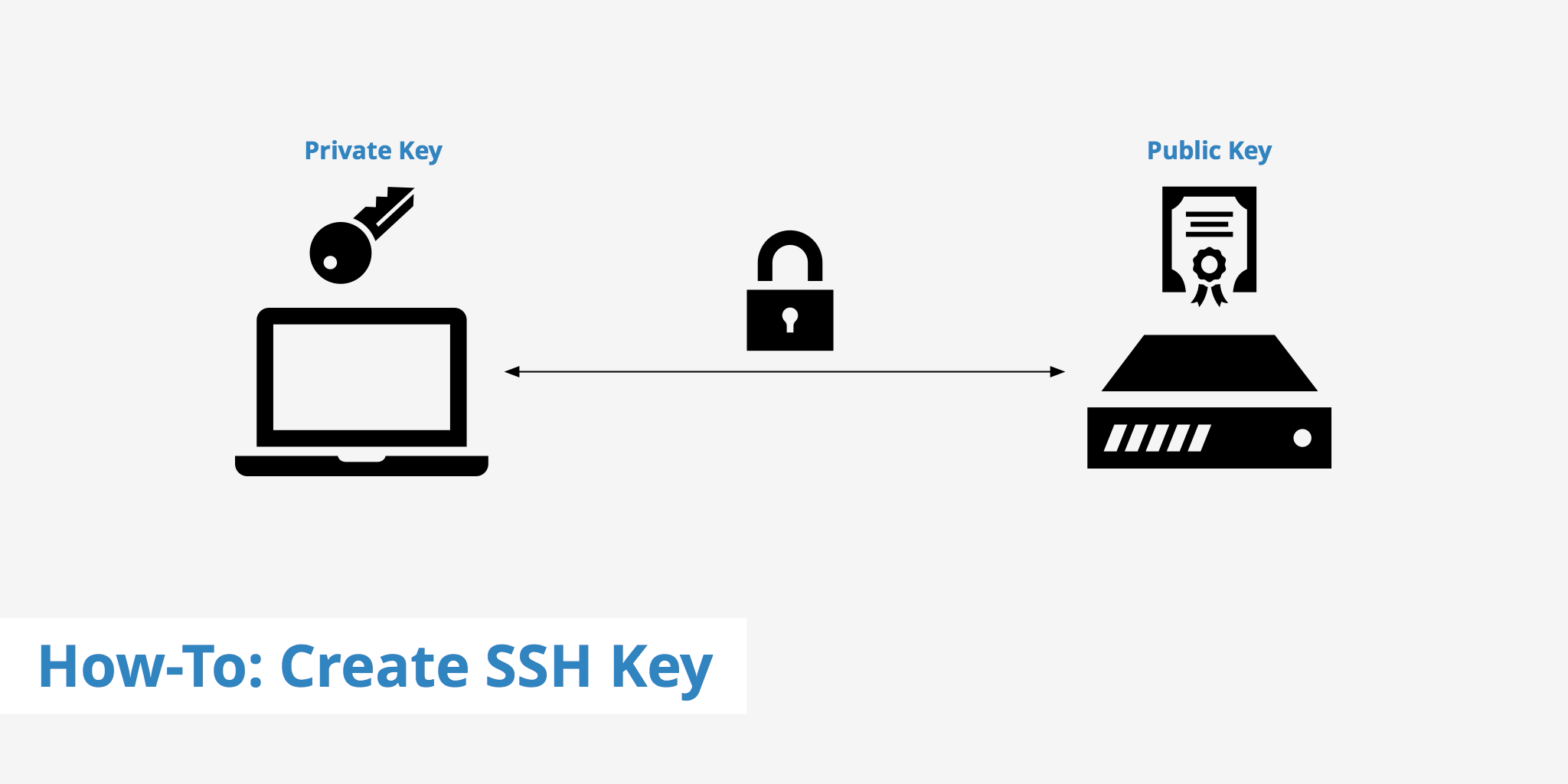14.12.2020
Pre-generate Ssh Host Keys
Pre-generate Ssh Host Keys Rating: 9,3/10 5617 reviews
/how-do-i-generate-a-fido-security-key.html. WireGuard aims to be as easy to configure and deploy as SSH. A VPN connection is made simply by exchanging very simple public keys – exactly like exchanging SSH keys – and all the rest is transparently handled by WireGuard. It is even capable of roaming between IP addresses, just like Mosh. Command and conquer the first decade cd key generator. There is no need to manage connections, be.
- Jul 11, 2013 ssh-keygen -t rsa ssh-copy-id -i /.ssh/idrsa.pub username@server.mydomain.com You'll be prompted for a passphrase (optional) when you run ssh-keygen. The ssh-copy-id command is a shortcut that copies and appends the key to the user's list of authorized keys. If it doesn't work, you can accomplish it in two steps.
- OpenPGP transferable public keys are composite certificates, made up of primary keys, direct key signatures, user IDs, identity certifications ('signature packets'), subkeys, and so on. They are often assembled by merging multiple certificates that all share the same primary key, and are distributed in public keystores. Unfortunately, since many keystores permit any third-party to add a.
- If you currently have access to SSH on your server, you can generate SSH keys on the command line using the ssh-keygen utility which is installed by default on our servers. Run it on your server with no options, or arguments to generate a 2048-bit RSA key pair (which is plenty secure).
- So here's is my guide to change the already generated ssh keys that everyone has installed on kali: After all we are hot on security right???? We dont want the same keys as the next man do we (MITM). Move the default Kali ssh keys to a new folder: cd /etc/ssh/ mkdir defaultkalikeys mv sshhost. defaultkalikeys/.

Pre-generated Ssh Host Keys
You will need to create a public/private key pair to use for authentication (look up ssh-keygen). This will allow a connection to the remote machine based upon RSA or DSA authentication instead of a password. If a passphrase is used in ssh-keygen, the user will be prompted for a password each time in order to use the private key.
With ssh2 I would recommend creating DSA keys using the procedure below. This will create a public/private DSA key for use in ssh2 sessions only. The public key is stored in ~/.ssh/id_dsa.pub, while the private key is in ~/.ssh/id_rsa. DSA public keys are placed in ~/.ssh/authorized_keys2 on the remote machine.
ssh-agent(1) and ssh-add(1) are utilities used in managing multiple passworded private keys.
Create your own DSA keys. Step-by-step instructions:
1. Run ssh-keygen -t dsa -N ' on your source host (creates a key with No Passphrase).
2. copy $HOME/.ssh/id_dsa.pub to $HOME/.ssh/authorized_keys2 on your remote host
3. chmod your $HOME/.ssh directory to be read/write/execute for only the owner (chmod -R 700 .ssh)
4. Make sure you _really_ are running ssh2 when connecting (Usually this is the default setting).
With ssh2 I would recommend creating DSA keys using the procedure below. This will create a public/private DSA key for use in ssh2 sessions only. The public key is stored in ~/.ssh/id_dsa.pub, while the private key is in ~/.ssh/id_rsa. DSA public keys are placed in ~/.ssh/authorized_keys2 on the remote machine.
ssh-agent(1) and ssh-add(1) are utilities used in managing multiple passworded private keys.
Create your own DSA keys. Step-by-step instructions:
1. Run ssh-keygen -t dsa -N ' on your source host (creates a key with No Passphrase).
2. copy $HOME/.ssh/id_dsa.pub to $HOME/.ssh/authorized_keys2 on your remote host
3. chmod your $HOME/.ssh directory to be read/write/execute for only the owner (chmod -R 700 .ssh)
4. Make sure you _really_ are running ssh2 when connecting (Usually this is the default setting).